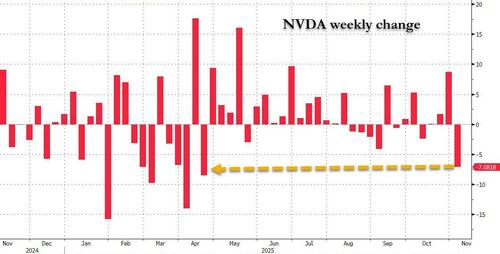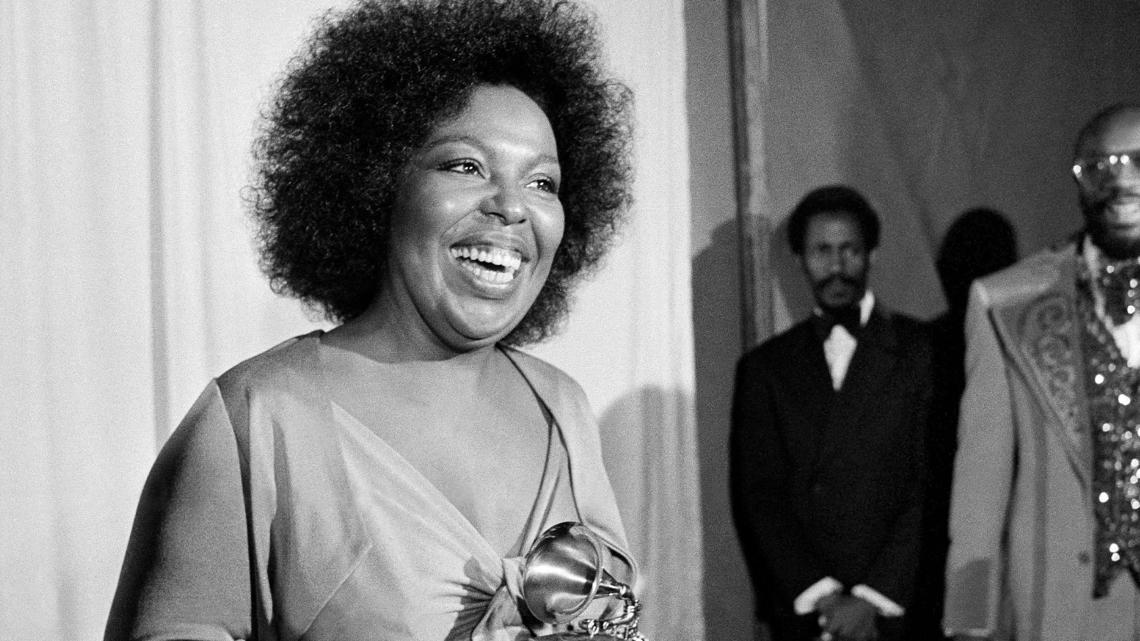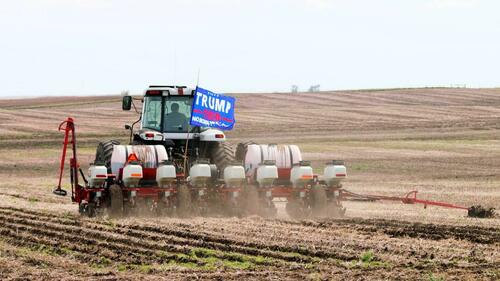Political reforms require courage of conviction. The hallmark of the present government is unquestionably a spirit of reformation. Status quoism has marred and defined the Indian polity since the time of Independence. From the revocation of special autonomy to Jammu and Kashmir that prevented the growth and development of the region and its people to uprooting archaic practices such as triple talaq that sanctioned discrimination of Muslim women, the government has addressed a range of issues.

After the G20 summit, New Delhi is increasingly being referred to as the consensus capital of the world. This is not surprising. Dialogue and dissent are the essence of Indian democracy. Other features such as free and fair elections and the smooth transition of power have generated global curiosity and enhanced India’s soft power. Elections are truly festivals of our democracy. They are essentially the manifestation of the vision and imagination of the makers of our Constitution. From Independence in 1947 till 1967, elections to Parliament and state assemblies were held together. Stable governments need a stable mandate: Intermittent elections create a sense of instability.
Since 2014, the Indian voters have by and large favoured stable governments at the Centre and the states. Stability in government is a precondition for political and economic reforms. A stable government at the Centre has enabled reforms such as the creation of a nationwide financial architecture through PMJDY to an open defecation-free (ODF) India. In an era when the world looks at India with hope, we need to lead by example. The 1990s and 2010s were synonymous with policy paralysis and corruption. Leading an unstable coalition at times can be an insurmountable task. Hence, the political and academic discourse around One Nation, One Election needs to be welcomed.
The conversation around simultaneous elections has a sound historical basis. During the Constituent Assembly debates, Shibban Lal Saxena had said: “Our Constitution provides for the dissolution of the legislature when a vote of no-confidence is passed. So, it is quite possible that the elections to the various legislatures in the provinces and the Centre will not be all concurrent. Every time some election or other will be taking place somewhere. It may not be so in the very beginning or in the very first five or 10 years. But after 10 or 12 years, at every moment some election in some province will be going on.”
There have been concerted efforts to develop an understanding on holding simultaneous polls ever since the use of black money in elections became rampant. The use of muscle and money has led to the criminalisation of politics. The Law Commission, in its 107th Report in 1999 (Reform of Electoral Laws), said: “The rule ought to be one election once in five years for the Lok Sabha and all legislative assemblies.” The parliamentary standing committee on personnel, public grievances, law and justice that was chaired by Congress MP EM Sudarsana Natchiappan submitted its report on the ‘Feasibility of Holding Simultaneous Elections to House of People (Lok Sabha) and State Legislative Assemblies’ in December 2015. It said, “a solution will be found to reduce the frequency of elections which relieve people and government machinery, tired of frequent electoral processes.” The report also stressed that simultaneous polls are important for India if it wants to compete with other nations in furthering its development agenda on a real-time basis as a robust, democratic country. The expectations are that the committee of constitutional law experts and politicians under the stewardship of former President of India Ram Nath Kovind will develop a framework for One Nation, One Election.
The criticism raised by a section of the Opposition to the move has no basis. There is no reason to believe that simultaneous polls will benefit the party at the Centre. In 2014 and 2019, Andhra Pradesh and Odisha held assembly elections along with the general election. But the voters chose different governments at the Centre and in the state. There are many such examples. Indian voters cannot be taken for granted. After all, it is they who have sustained our democracy. One Nation, One Election is an idea whose time has come.
Guru Prakash is assistant professor of law at Patna University and national spokesperson, BJP. The views expressed are personal
Embrace independence with quality journalism
Save on HT + The Economist subscription
















